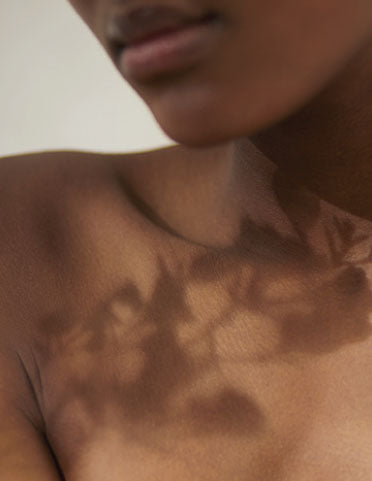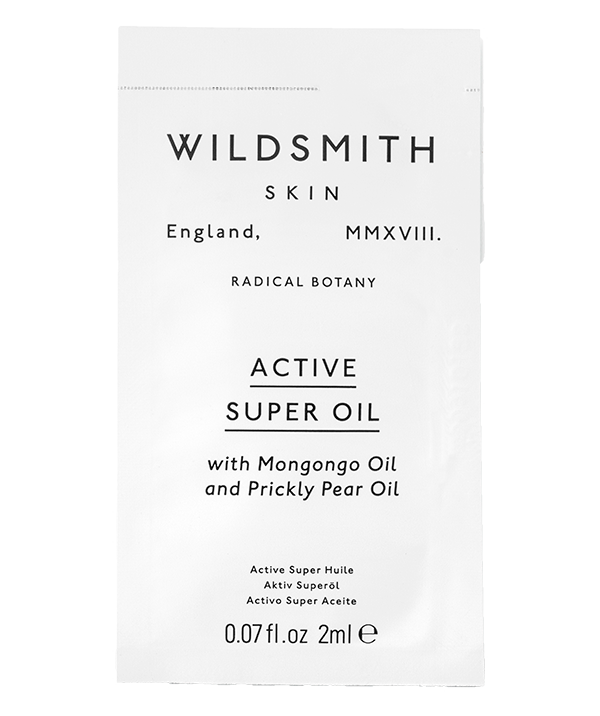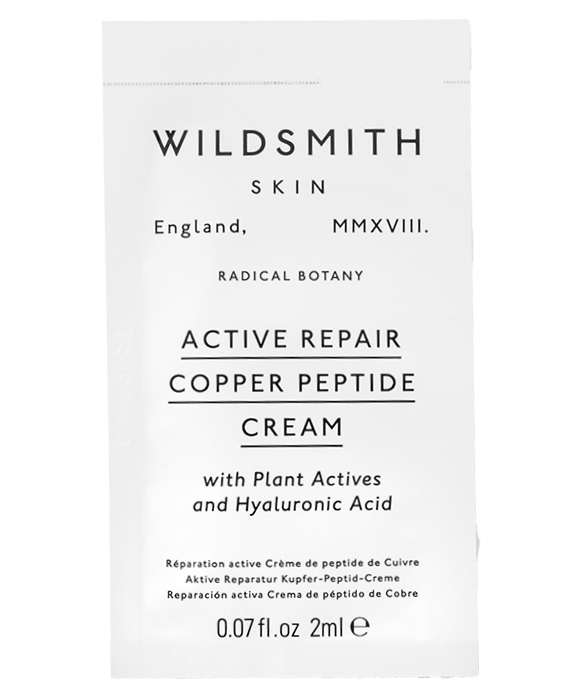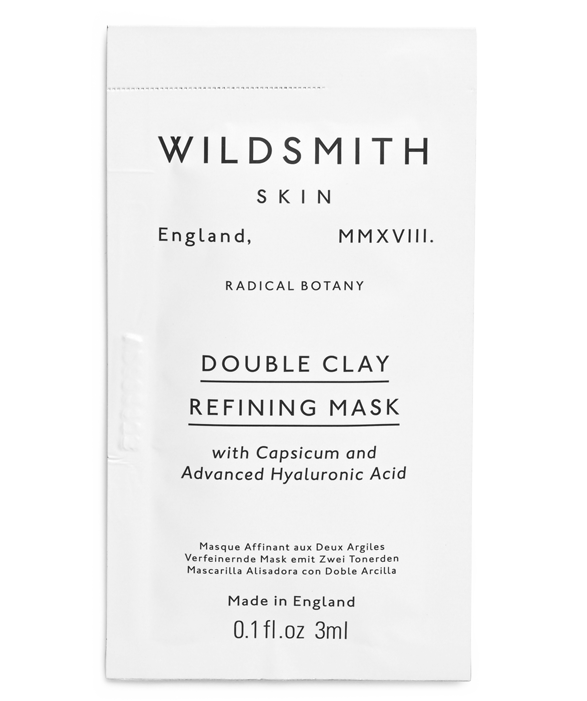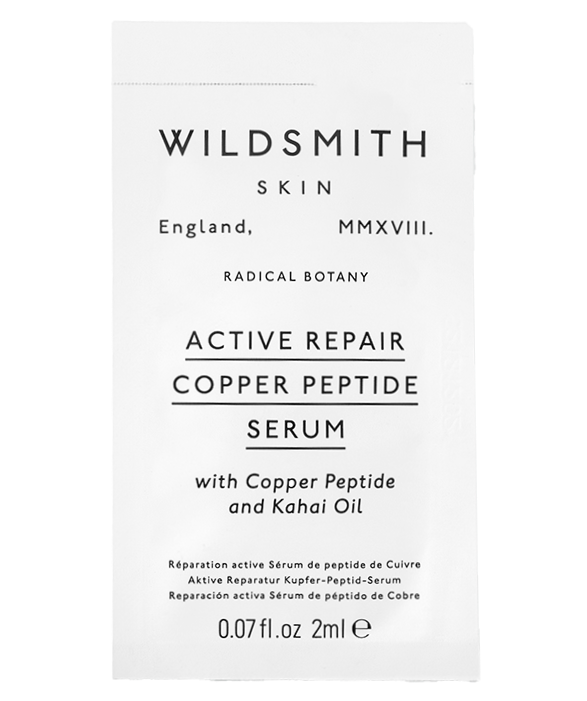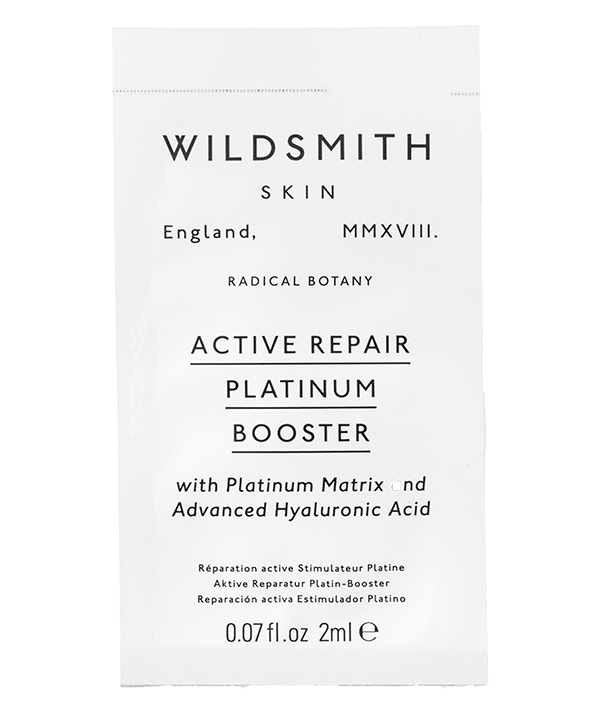When society florist Nikki Tibbles embarked on her third dog rescue mission to Puerto Rico, she thought she knew what to expect. But as Fiona Golfar discovers, you’re never quite prepared for the heartbreak and inspiration.
Wild At Heart Foundation
It’s a sunny snowy day in West London and as Nikki Tibbles, one of London’s chicest florists, pushes the key into the lock of her home, she pauses to give me a warm hug before cautiously entering first. The door opens to a mass of wagging tails and noisy greetings. As she introduces me to her dogs, some the size of small ponies, she tells me a quick story about each of them. Ronnie from Romania, witnessed his mother being decapitated in front of him and the rest of her litter. Rita, who was found dumped at 10 days old on a highway in Puerto Rico slept around Nikki’s neck for ten days and of course had to come home with her. Then there is Ruby, who lived in a cage so small she couldn’t stand up in it and was pronounced unsuitable for re-homing. Lenny had been thrown down a well at six months old and was left to die. Tia was found caught in a trap and had gnawed her own tail off and finally there’s Smith who was locked in a cage for three years with a broken jaw. It is heartbreaking and inspirational all at the same time. This is the happiest and most wonderful looking assortment of dogs I have met in ages.



Tibbles has just returned home from Puerto Rico, where in the wake of Hurricane Maria, the most intense tropical cyclone worldwide of 2017, she has been working with the Wild at Heart Foundation, the global dog rescue charity she co-founded in 2015 with her friend Nadine Kayser. An Associate at Steer Davies Gleave, she credits Kayser as the logistical brains of the charity. The two women met through Instagram when Kayser adopted a puppy from Romania from Tibble’s charity. This is her third visit to Puerto Rico and her second one since the devastating hurricane. “Our mission is to end the constant killing of dogs around the world. We aim to do this by managing dog populations humanely by getting to the root of the issue, which includes reducing uncontrolled breeding and supporting re-homing and education projects.”
These trips are no picnic. Literally. She’s a vegetarian – not ideal for post-hurricane Puerto Rico. While the rest of the team were mostly living off Tripe with pasta and potatoes, she lived on Bounce Energy Balls. “When I’m there, I took about 5 boxes of 12 of them and ate about 5 a day.” What on earth would make a society florist who could be enjoying the fruits of her considerable success lying on a beach and cradling a cocktail, decide to take a group of volunteer vets to Sabana Grande, a village of roughly 25,000 on Puerto Rico’s mountainous southwest corner, buy a generator and set up a mass sterilization clinic in an abandoned basketball stadium? She smiles with the serene conviction of a convert. “I have always loved dogs, but about five years ago we worked on a really big event and made some real money and I thought it was time to give back rather than spend my money on other things. I could have set up a fluffy little charity but for me it’s not about that. I loathe the state of the world we live in. Industrial farming, elephants being killed and in the case of dogs, globally there is no legislation for them. Nowhere has dealt with over-population. One litter of eight puppies will breed and become 67,000 within six years. In Puerto Rico alone, there are half a million stray dogs.”
Tibbles has spent over a year trying to make this pop-up clinic a reality. She is optimistic that there will be at least six a year. “When I first went out there after Hurricane Maria, the state of the country was mind-blowingly horrific. There were dead horses and dogs on the sides of a street. It has always been a poor country but when it’s not sunny and pretty with charming colorful houses it was a very a different story. Power cables and trees were down everywhere and there was a curfew from 7pm to 6am. Everything was brown.”

In Puerto Rico, unless they are pedigree dogs aren’t considered to be family members, and after a devastation like Hurricane Maria they certainly aren’t a priority, and how could they be? The death toll in Puerto Rico is believed to be far higher than the official toll of 64, with estimates of the actual loss of human life ranging from 500 to more than 1,000. But for the animals there was no process in place to help them. “You simply cannot go anywhere without seeing packs of dogs,” explains Tibbles. “Stray dogs are rounded up and after seven days they are poisoned.” Tibbles and her team now partner with VIDAS (Veterinarios Internacionales Dedicados a Animales Sanos), a group of vets and other animal-loving volunteers who provide free veterinary care and education for the communities in an effort to fight pet overpopulation. Together, in the aftermath of such devastation, they persuaded the government to allow the hitherto forbidden volunteers to go in and set up a series of clinics which operate for six days at a time all over the country. In those six days the team managed to sterilize 1200 dogs.
What were her own living conditions like there, I wonder, as I look around Nikki’s very beautiful sitting room, the walls of which are covered in colorful paintings (many from Intoart, a charity which works with people with learning difficulties). “We lived with a friend of mine, Neva Kaya, who I met on holiday in Puerto Rico years ago,” says Tibbles. “She runs a dog charity there and invited us to stay in her simple rented house, which we shared with dogs we scooped up along the way. By the time I left we had six dogs and 12 puppies living with us. They will all be adopted, either in the US or the UK.”
She runs a dog charity there and invited us to stay in her simple rented house, which we shared with dogs we scooped up along the way. By the time I left we had six dogs and 12 puppies living with us. They will all be adopted, either in the US or the UK.
Nikki Tibbles
Keeping up awareness is a huge part of any charity’s remit. Tibbles and her project were lucky enough to have the unexpected star power support of Steve-O. The Jackass star – real name Stephen Gilchrist Glover – got sober in 2008 and adopted his first rescue dog, Walter, a black Chihuahua-Dachshund mix who he believes saved him. Ten years and several rescue dogs later, he came to visit Nikki and her clinic on the anniversary of his sobriety, bringing a film crew with him. He then took 120 dogs back to the US on a private plane, to be adopted through an American arm of the charity.
The Steve-O’s of this world are invaluable to charities like the Wild at Heart Foundation His Youtube film about how he found his last dog Wendy on the streets of Peru gained nearly a million views. That kind of reach is invaluable to Tibbles and the work she is doing and she is devoted to him for his shared passion. Tibbles is tireless in bringing awareness of her charity to the public’s attention. She hosts fundraisers; her clients have been generous and loyal. Many have adopted her rescue dogs. She has started education programmes in many countries working closely with other charities in countries such as Hong Kong, China, South Africa, Swaziland, Romania, Cyprus, Bosnia, Greece, Lesbos, Corfu, Puerto Rico and Borneo. “That’s where the change will come!” she says with an optimistic smile. “Through teaching the children.”
I can barely bring myself to leave the world of Nikki Tibbles. The warmth, dedication and humanity, let alone those beautiful animals I leave behind me, Ronnie, Rita, Ruby, Lenny Tia and Smith…. is, frankly, nothing short of inspirational.
Wildsmith Skin donates £500 to the charitable causes featured in The Wildsmith Papers. To find out more about Nikki Tibble’s charity, please visit her wonderful website.



